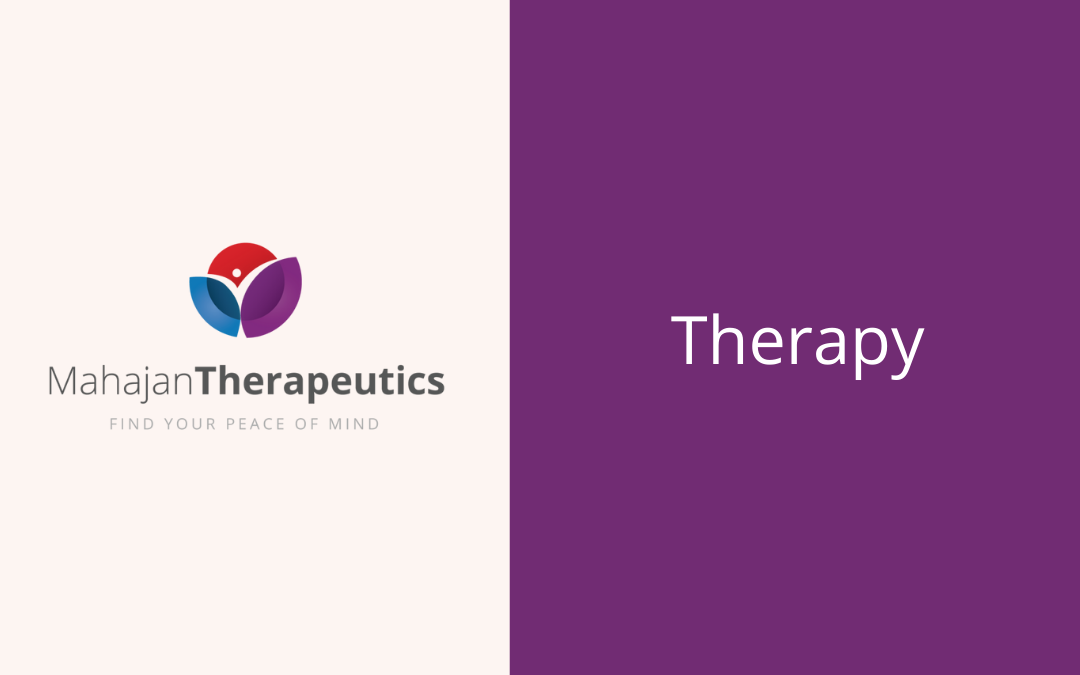October 9-15, 2022, is OCD Awareness Week, a time to generate awareness and acceptance of Obsessive Compulsive Disorder.
There’s a widespread perception that OCD is a constructive condition that drives us to finish projects in a certain order, pre-rinse our dishes, and arrange furniture symmetrically. In reality, OCD is anything but constructive. People suffering with OCD experience pervasive unwanted thoughts (obsessions) at a level that disrupts their daily lives. In a desperate effort to escape the unrelenting obsessions, they may develop repetitive behaviors (compulsions), as well as anxiety and depression, which further undermines their ability to live and function comfortably.
Treatment for OCD is often therapy, sometimes in combination with medication. Specialized exposure therapy has been found to take the teeth out of obsessions by reframing them in a progressively less triggering way. The International OCD Foundation website shares helpful resources about OCD treatment.
Managing OCD
Along with professional treatment, research has been emerging on how to reduce the overall severity of OCD. Here are 3 tips for managing OCD on a daily basis.
1. Eat well and get moving – In recent years, studies have been exploring the deep connections between physical and mental health. While much of the research is new and not yet well understood, mental health is increasingly being linked to the body’s immune centers. There is growing evidence that symptoms of conditions like OCD may be mitigated by reducing alcohol, quitting smoking, and replacing foods that cause inflammation – such as sugar, food dyes, preservatives, and gluten – with whole, fresh, and plant-based foods.
Other studies have shown that exercise and vitamin D from the sun help the body fight inflammation, and studies conducted specifically on exercise and OCD have suggested that exercise is effective in reducing the occurrence of obsessions and anxiety long term.
2. Meditate – Yes, we know: meditation seems to be the answer to everything. If you’ve practiced it, you probably know why. Focusing on the breath is a revolutionarily simple, low-risk way to shift the mind into a present and relaxed state, which can neutralize not only the symptoms of OCD but of depression and anxiety.
That said, it’s true that meditation can be frustrating at times, especially in the beginning. A meditation app, book, or YouTube videos provide essential guidance for DIY beginners. Meditation in a collective setting can be an extremely positive experience. Many communities have free meditation groups, and yoga studios often feature deep-breathing or meditation sessions. Formal assistance is another option. Mindfulness-based therapy is a growing field, and studies are showing it may be effective in treating OCD.
3. Accept and feel accepted – Obsessions and compulsions are believed to be the result of a cycle of overreactions caused by a miscommunication between parts of the brain. It can be helpful to remember this when the thoughts come, and to remember that thoughts can exist without reacting to them, and that we are not our thoughts. The idea is to observe and accept obsessions rather than fighting them or diving into feelings of guilt.
Another helpful fact is that, while OCD’s struggles may make a person feel intensely lonely, this is a common and legitimate condition for which professional help exists. People with OCD are not alone.
Professionals at Mahajan Therapeutics are here to help with anxiety, depression, and more. Contact us to begin your healing journey today.





Recent Comments